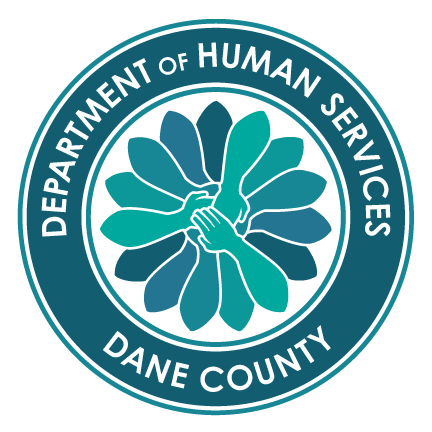
Review of Wisconsin Statutes Chapters 48 and 938
Wisconsin Chapter 48
The Children’s Code – Overview
Paramount Goals of Chapter 48
Wisconsin Chapter 48 Scope
Mandated Reporting of Suspected Child Abuse
Who are Mandated Reporters?
What to Report to Child Protection?
Any suspected form of child abuse by a related caregiver needs to be reported to Child Protective Services:
How to make a report to Child Protection in Dane County
Monday – Friday
7:45 a.m. – 4:30 p.m.
Call (608) 261-5437
All Other Hours
Call (608) 255-6067
Who are considered Children for CPS Reporting Purposes?
Children are legally defined as persons under the age of 18. CPS reports can be made regarding unborn children but no actions will be taken by CPS until a child is born.
Are Reporters Anonymous?
Child Protection Services Access Social Workers will ask reporters for their name and contact information when they take a report but this information is kept confidential. The reporter’s identifying information is not listed on the report.
What transpires when making a report?
The Child Protective Services Access Worker will ask a series of questions over the phone about the child, the caregivers, and the incident(s) of concern. Most CPS reports take about 20-30 minutes to complete.
What takes place after making a CPS report?
What services can be expected?
Services vary based on the needs of each family but may include the following:
Can people call CPS for help and services?
Yes! However, the types of services offered are limited by what the Ch. 48 statutes allow CPS to provide. Those looking for services and referrals are often sent to other agencies or our Joining Forces for Families offices. Some families who are requesting out of home placement due to their child’s needs may choose to pursue a court petition for placement and are advised about and assisted in this process as indicated.
What is a Sub (4) Petition within Ch. 48?
A Sub(4) petition is filed when a family feels they can not provide needed care for their child based on the child’s extraordinary needs and they are requesting a specialized out of home placement (usually a residential care center placement). This petition can be filed by the family or by DCDHS with the cooperation of the family. Families in these circumstances are still subject to the orders of the Juvenile Court and fee assessments for the out-of-home placement.
Wisconsin Chapter 938 Scope
Juvenile Justice Code
How do youth enter the Juvenile Justice System?
Youth are referred to the Juvenile Justice from local law enforcement agencies. Not all youth who are referred result in Juvenile Court involvement. Some youth are deferred and offered informal services by Dane County Human Services and some are screened out (owing primarily to legal procedural mandates). Youth who do complete the Juvenile Court Process are “Adjudicated Delinquent” rather than receiving a “Guilty Finding,” as is the case in adult criminal court.
What ages are youth subject to Juvenile Justice Court Orders?
Children ages 10-17 can be subject to Juvenile Court Charges under Chapter 938.
Are municipal courts part of the Juvenile Court?
No, Municipal Courts are not part of Juvenile Court.
Municipal courts issue tickets and fines to youth and are separate from Juvenile Court. It is however possible for a youth to be involved in Municipal Court and Juvenile Court at the same time.
What is JIPS?
JIPS stands for Juvenile in Need of Protection or Services.
Youth age 10 who commit a delinquent act can be found JIPS or families who petition for services or out-of-home placement for older youth may file under a JIPS petition rather than a CPS (CHIPS ) petition.
Each youth has a unique set of expectations placed on him/her based on their offenses but generally, most Juvenile Court Orders include the following sorts of provisions:
Types of Services for Youth Under Juvenile Justice Orders
Youth involved in Juvenile Justice have court requirements that are unique to their circumstance and the crime for which they have been adjudicated but some of the more commonly used services include:
Can adults and children be involved in Juvenile Court and CCS concurrently?
Yes, absolutely!
Adults and children seeking CCS Services have a variety of strengths and functional challenges and may very well be involved in juvenile court services via Child Protective Services or Juvenile Justice. Involvement in these systems is neither required nor prohibited in CCS enrollment.